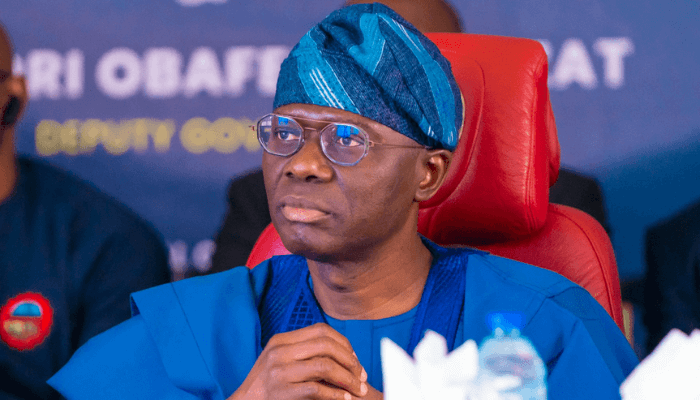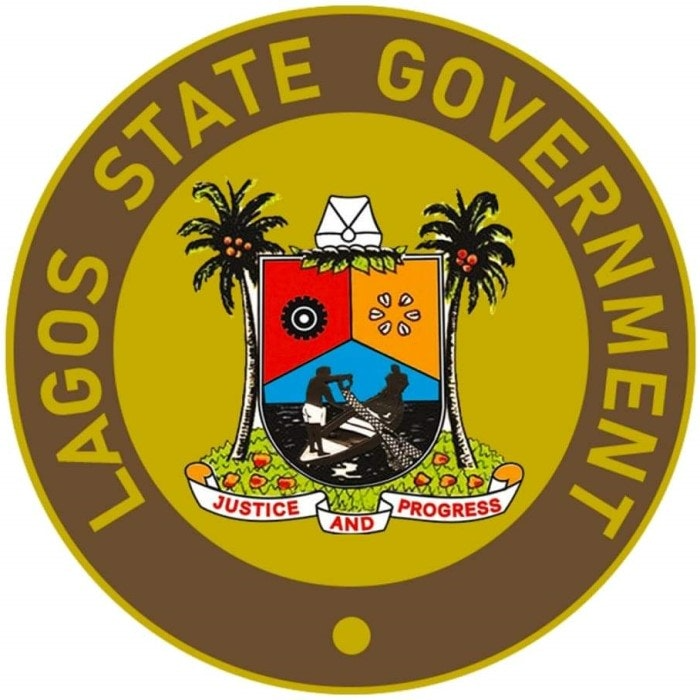CBN ISO 20022 directive mandates full migration and geo-tagging of payment terminals by October 31, 2025, to standardize payments and curb fraud
CBN ISO 20022 directive has set a strict October 31, 2025 deadline for all players in Nigeria’s payments ecosystem to migrate fully to the global messaging standard and implement mandatory geo-tagging of payment terminals.
Also read: CBN Customers’ Bill of Rights unveiled to protect bank users
In a circular published Tuesday, the Central Bank of Nigeria (CBN) reminded Deposit Money Banks, Microfinance Banks, Mobile Money Operators, Switching and Processing Companies, Super Agents, and Payment Service Providers that ISO 20022 is now the global benchmark for payments messaging.
Signed by Dr. Rakiya Yusuf, Director of the Payments System Supervision Department, the circular stressed that all domestic and international transactions must be formatted under ISO 20022 in line with CBN and SWIFT specifications.
This includes accurate entry of payer and payee identifiers, merchant and agent IDs, and full transaction metadata.
The CBN ISO 20022 directive goes further by mandating geo-tagging of all payment terminals.
Devices must carry native GPS geolocation features, operate on at least Android 10, and be registered with a Payment Terminal Service Aggregator (PTSA) using precise latitude and longitude coordinates.
Geo-location data will also form part of the transaction payload for monitoring purposes.
“All existing terminals must be geo-tagged within 60 days of this circular, while new terminals must be geo-tagged before certification and activation,” the CBN stated.
Compliance validation exercises will begin October 20, 2025, with the apex bank warning that compliance is not optional. Terminals not routed through a PTSA will be barred from transacting.
Also read: CBN targets diaspora remittances Nigeria 2025 amid new global risks
The reforms, according to the CBN, are designed to strengthen Nigeria’s payments infrastructure, enhance transparency, and align with international best practices while curbing fraud in the electronic payments sector.





























